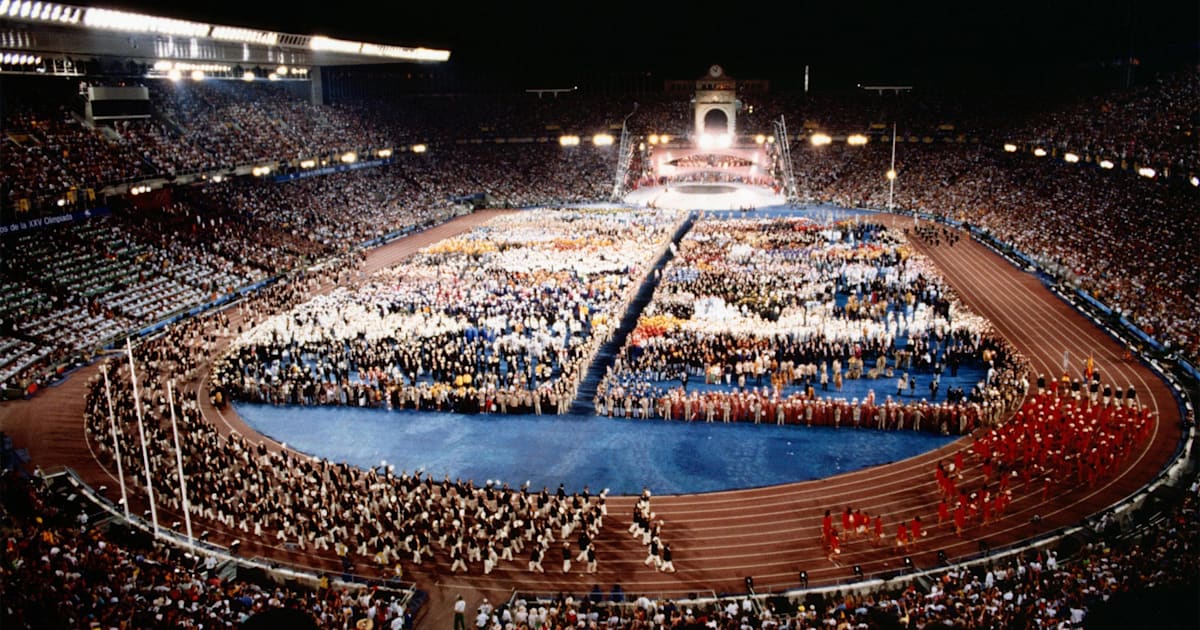
The Barcelona Olympics of 1992 were relevant for several key reasons. Firstly, they marked a significant moment in the global political landscape, being the first Games since 1972 without any boycotts. This was largely due to the geopolitical changes following the fall of the Berlin Wall and the dissolution of the Soviet Union, which allowed many newly independent nations, such as Latvia, Lithuania, Estonia, Croatia, and Bosnia and Herzegovina, to participate for the first time as separate countries[1][2][5].
Secondly, the event had a profound impact on the city of Barcelona itself. The Games catalyzed urban transformation, with significant improvements in infrastructure, public spaces, and the local economy. For example, the creation of two miles of beachfront, improvements in transport networks, and the regeneration of neighborhoods like Poblenou demonstrated a holistic approach to urban development that has been studied as a model for other cities[3][4]. The nearly 95% investment in transport and infrastructure was a major aspect of this transformation[3].
Moreover, the Games showcased a commitment to inclusivity and community engagement, as seen in initiatives like the 'Sport for All' program. The involvement of volunteers, alongside the construction of sports facilities that maintained ongoing utility for the community, underscored the long-term legacy of the event[4]. The overall success of the Olympics also highlighted Barcelona's emergence as a major international tourist destination, with visits soaring from 1.7 million before the Games to 12 million by 2019[3].
In short, the Barcelona Olympics were pivotal not only for their success in sports and politics but also for their lasting influence on urban development and community spirit, making them a benchmark for future Olympic Games[1][2][3][4].
Get more accurate answers with Super Search, upload files, personalized discovery feed, save searches and contribute to the PandiPedia.
Let's look at alternatives:
- Modify the query.
- Start a new thread.
- Remove sources (if manually added).
- Request a manual search from our human research team.